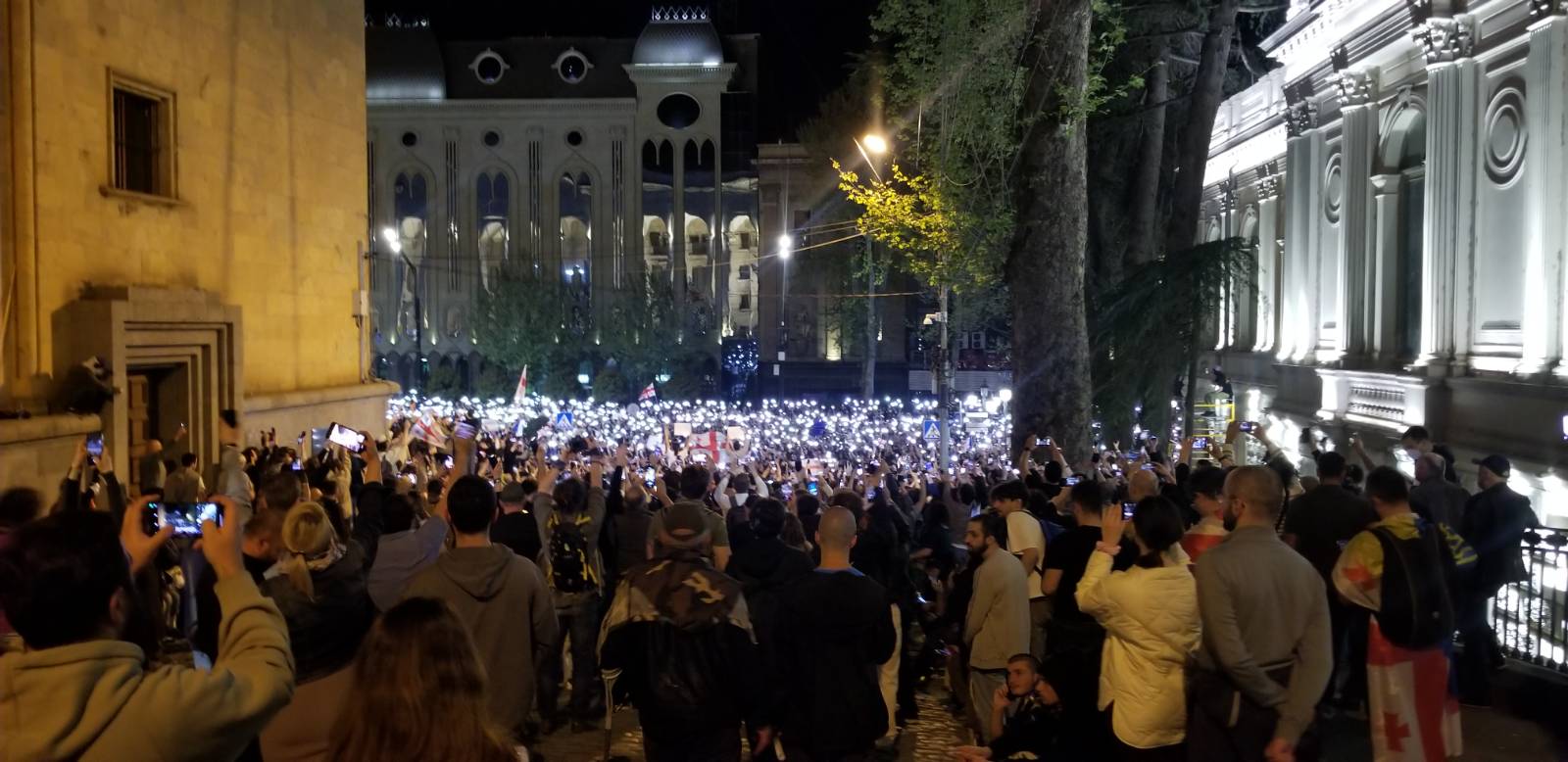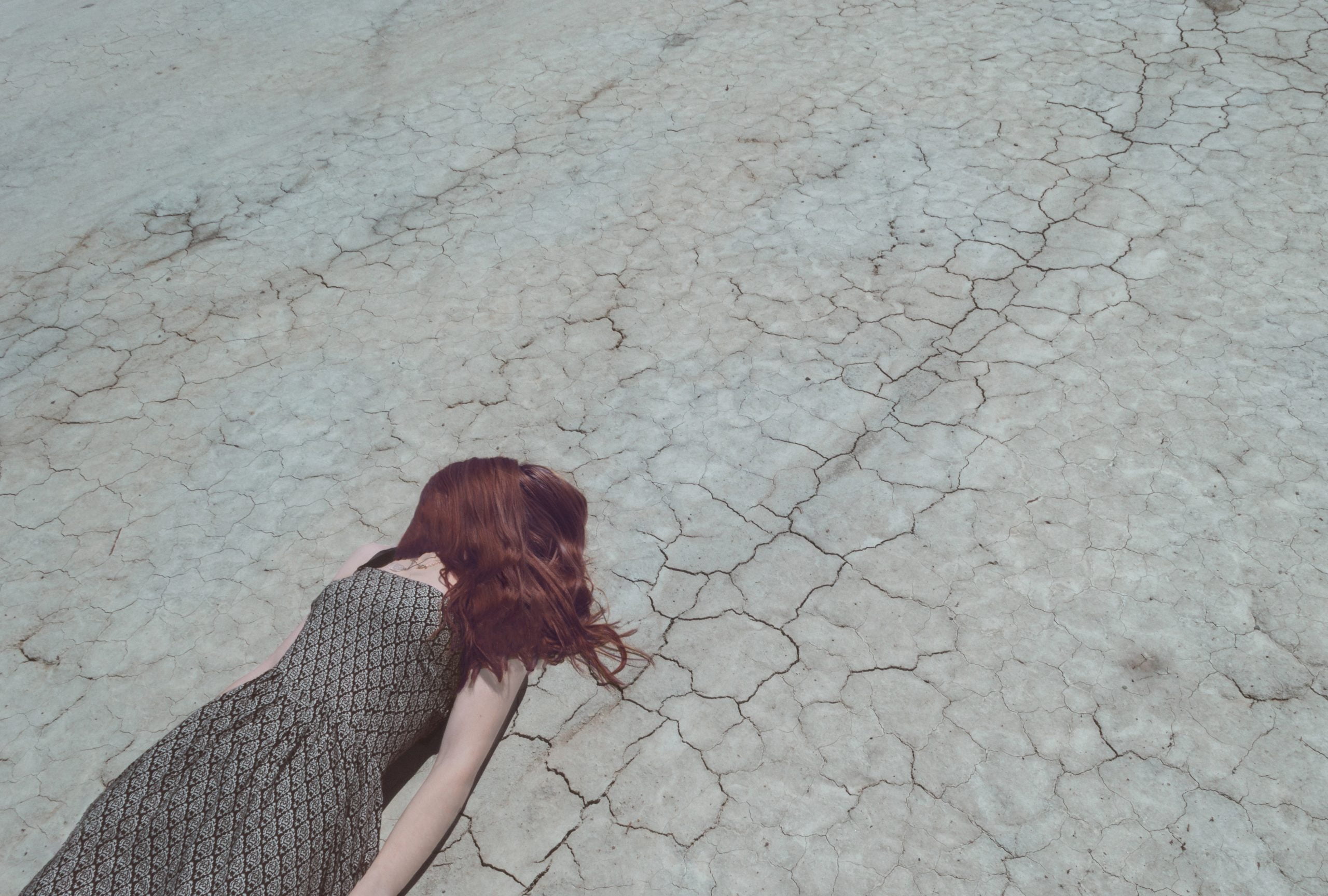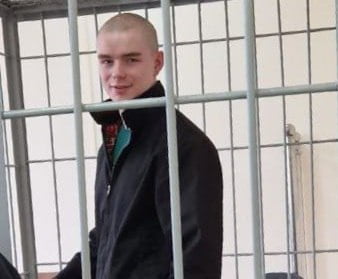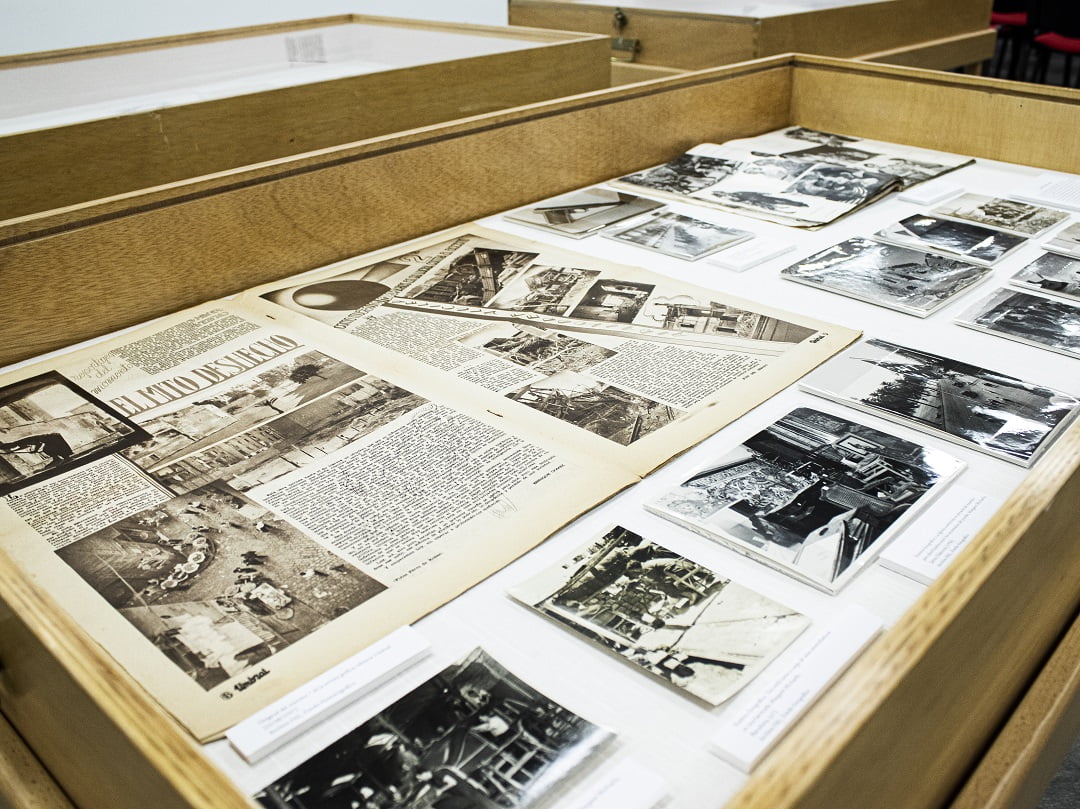Peter Seyferth reflects on his experience combating horseshoe theory on the German TV show 13 Questions
The show 13 Questions is moderated by Jo Schück and aired by ZDF, one of the two big German public broadcasting services. This time the topic was “Is extreme left violence underrated?”. The basic concept is to not pitch proponents of contradictory opinions against each other, but to let them argue and listen to each other, to finally find a compromise position. As an anarchist, I do not believe that conflicts (including ideological divisions) will ever wither away, nor that they should be suppressed from above. Therefore, it is principally a good idea to try to understand what political opponents want, what their reasons are, and in what way these reasons may make sense. This was one motive for accepting the invitation to participate. The other, somewhat contradictory, motive was that I suspected there would be three people on the anti-left side who would not argue in good faith but defend the status quo, with exaggerated and invented parallels of far-right and far-left politics.
Actually, I hoped that Unbubble (the firm producing the show) would invite one of the few German political scientists that advocate horseshoe theory. This “theory” has never been accepted as scientifically valid in mainstream political science, but has been very useful for state actors (like the Federal and State Offices for the Protection of the Constitution, Germany’s equivalent of MI5), as well as political actors of the centre, who mainly want to discredit the radical left as being as bad as the Nazis. A handful of political scientists, all of them with close ties to the state (and always with a conservative agenda), have used horseshoe theory for decades, and I would have loved to dispute with “‘extremism research” professors like Uwe Backes or Eckhard Jesse. Alas, they did not participate.
And there was a third motive for accepting the invitation to the show: I think anarchist positions on all kinds of topics should be seen and heard as often as possible, by as many people as possible, in mainstream media and even in circumstances that are not fully supportive of anarchy. Even if I cannot say everything that should be said, and even if what I say gets distorted and will be misunderstood by most – it is better than not pushing anarchism on the airwaves at all.

So I took the train to Berlin, and entered the studio with a suit, a friendly face, and the real will to listen. But I also had enough rage in my heart to fight the other side, should it act too hostile. I had no idea who else was invited. However, it was no big surprise that the proponents for more state action against the radical left were: a cop who is also the police union press relations officer (Benjamin Jendro), a journalist who is also the editor-in-chief of the conservative daily newspaper Die Welt (Jennifer Wilton), and a social worker who specialised in youth deradicalization (Jörg Richert). All three strictly and explicitly stuck to horseshoe theory, lamented the (comparatively very few cases of) left-wing violence, presented themselves as being free of ideology, parroted John Locke’s contractarian theory according to which we citizens erected the state and decided on its constitution voluntarily, and denied that in a representative democracy like the Federal Republic of Germany only the elected representatives make the law, excluding almost all people from political power.
On my side of the debate were the novelist Bettina Wilpert and the podcaster Linda Mayer, who did their best to defend the far left, and particularly the antifascists. I was the only one who openly self-identified as an anarchist, which at least was honoured by the good people of Übertage, an anarchist podcast that did the first react video to the show. YouTube commentaries about me were sometimes a bit less friendly. Well, at least I was able to make one or two good points: First of all, the far left does not only consist of authoritarians and Stalinists. Duh! One pillar of horseshoe theory is to ignore the existence of anarchism, and methodically emphasise the similarity of Bolshevism with Nazism. Against this, I distanced myself and anarchism from Stalinism and similar totalitarianisms. Another point was directed against horseshoe theory’s hypocritical condemnation of leftist violence: most violence, State violence, is carried out by the political centre which has the power to define legality and uses cops to do the dirty work.
I had more to say while the show was being recorded. For example, I defended myself against the (admittedly true) accusation that I am an “ideologue” by stressing that liberalism and conservatism are ideologies too. But this and some other heated phases of the debate were cut from the show before airing. There were other things I should have said, but didn’t. For example, I did not make any mention of class struggle. Nor did I picture a beautiful utopia of anarchy. I experienced the situation in the studio as quite stressful, as I struggled with the hostility of the audience at home (my own fantasy?) and the malice of the anti-left discussants (very real). I also sensed that everything I said must be short soundbites. Like Chomsky said about the concision that is needed on TV: “‘you can only repeat conventional thoughts”.
Was it worth accepting the invitation to a mainstream talk show? Was I too conventional, too radical, or both at the same time? Does anyone have an idea how to do it better? If you understand German you can watch the show and decide for yourself.
~ Peter Seyferth








